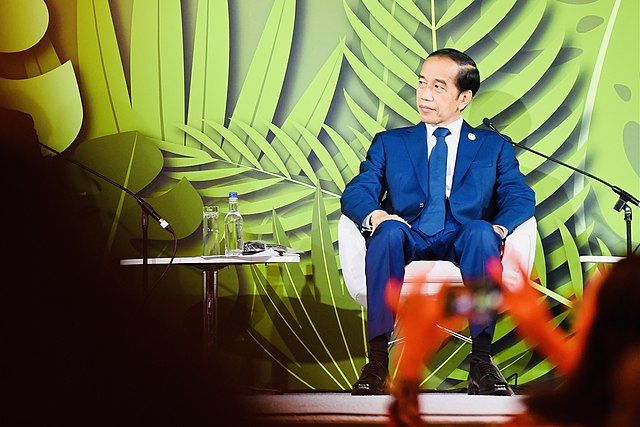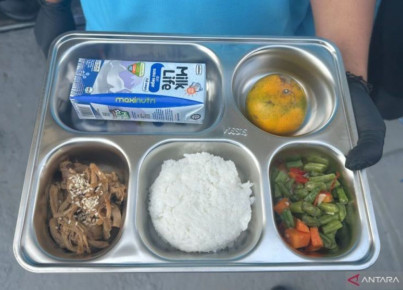To combat the food crisis, the Indonesian president has launched a new program to increase farmland. While also garnering some criticism.
Indonesia is facing a possible food crisis, with a growing population and limited arable land putting pressure on the country's ability to feed its people. To address this crisis, the Indonesian government has decided to turn to a new project of agribusiness estates (so-called "food estates," a name also used in Indonesia in reference to the program), large-scale agricultural projects that aim to increase food production.
Specifically, the project consists of developing crops of grains and other staples, such as rice, cassava, and maize with the aim of reducing imports of these foodstuffs and making the country increasingly self-sufficient.
The provinces of Central Kalimantan, on the island of Borneo, and North Sumatra will be the first to pilot the program and, if it is successful, it may be extended to the rest of the archipelago, including the island of Papua.
President Joko Widodo, known as "Jokowi," has announced that in this first phase paddy fields will be planted on 148,000 hectares of land, while another 622,000 hectares will be devoted to cassava, corn, and other crops, as well as farms. By the end of 2025, however, the cultivable area will be expanded to cover a total of 1.4 million hectares in Central Kalimantan, according to Defense Minister Prabowo Subianto, i.e., the one who has been charged with spearheading the program.
The project is very reminiscent of the ambitious attempt of the `90s, when former President Suharto decided to restore Indonesia`s food self-sufficiency by launching a mega-project to intensify rice crops production in Central Kalimantan. Hopefully, this new project will be more successful, given the disastrous outcome of Suharto`s project caused by the then unsuitability of peat soils for rice cultivation.
This initiative also drew some criticism since its start from environmentalists because farmland will be developed on land that had previously been classified as, precisely, peatlands. Peatlands are very important because they retain water and CO2, making them an important ally against flooding and in the fight against climate change. Their preservation is an issue that Indonesians value highly, and they have even established a full-fledged organization for their conservation and restoration.
To make matters worse, activists and indigenous tribes are strongly resisting the project, convinced that the harms of this initiative will outweigh the benefits. A major criticism of agribusiness estates is that they often uproot local communities and destroy natural habitats. For example, new land for agricultural use in Central Kalimantan has caused the uprooting of thousands of people, as well as the destruction of forests and areas vital to the local ecosystem. Similarly, an estate developed under this program in East Nusa Tenggara has caused the dispossession of indigenous communities, who were thus forced to relocate elsewhere. In addition to causing harm to local communities and the environment, these agricultural estates have also been criticized for not being sustainable at all. Many of these projects are based on monoculture, growing a single crop year after year, resulting in soil degradation and reduced yields over time. This is in contrast to traditional farming practices, which often involve a multitude of different crops and the use of natural fertilizers, which may be more sustainable in the long run. In general, it appears that "food estates" are not the solution to Indonesia's food crisis, to solve which they were initially proposed. Although they may provide a short-term increase in food production, they also have a high cost to local communities and the environment and are not sustainable in the long term. Instead of relying on these large-scale projects, the Indonesian government could consider more equitable investments to increase food production, such as supporting small-scale farmers and promoting traditional agricultural practices.






